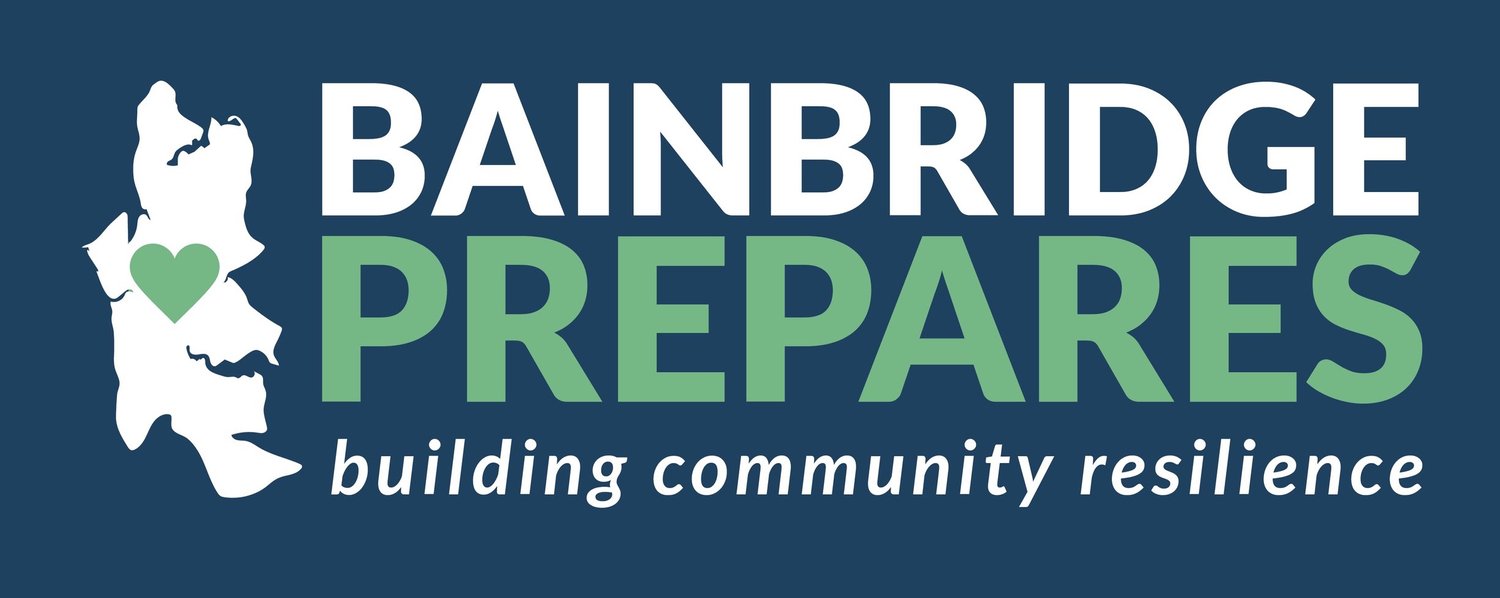Puget Sound Sweats out Excessive Heat Warning
The National Weather Service (NWS) and the National Oceanic and Atmospheric Administration (NOAA) are warning residents of parts of western Washington including Puget Sound about predicted temperatures in the high 90s (and even into the 100s in some areas). The warning expires tomorrow, Tuesday, at 11 p.m.
Puget Sound Energy is asking its customers to reduce electrical usage between 4 and 6 p.m. tomorrow, which is when usage is expected to peak.
Staying Cool
The main concern for residents is heat-related illness. Because most Washingtonians don’t have air conditioning, finding a way to stay cool can be a problem. This is especially true for infants, the elderly, and people with certain health conditions.
The cooling center at the Bainbridge Island Senior Community Center (370 Brien Ave. SE, Bainbridge Island) will be open today, Monday, August 14, from 1 PM to 5 PM for affected households.
The American Red Cross recommends drinking more water than usual and not waiting until thirsty. Try not to drink sugary or alcoholic drinks. Make sure to eat as well and include some salt in your diet.
In addition, try to spend some time in an air conditioned environment, whether at home, in a library, or at a mall. Fans are not sufficient because they give the illusion of coolness without actually lowering body temperature. You can also take a cool shower.
Don’t leave anyone, including pets, in a vehicle alone.
Don’t leave pets or farm animals outside without access to shade and water. Don’t walk dogs on asphalt.
Check up on elderly neighbor and relatives.
NWS also recommends keeping your home cool by closing windows and shades during daylight hours.
Heat-Related Illness
Heat-related illness can be fatal. If you start experiencing dizziness, nausea, and/or muscle cramps get yourself to a cooler location immediately. If the symptoms do not approve, seek medical attention.
These are the three types of heat-related illness to watch out for:
Heat cramps. These are stomach cramps or muscle pain in the arms or legs. The cure is to stop physical activity and get out of the heat.
Heat exhaustion. This is marked by sweating, paleness, cramps, fatigue, weakness, nausea, dizziness, feeling faint, and/or headache. Get out of the heat, cease physical activity, and sip cool water. If the symptoms don't improve, get medical help.
Heat stroke. This is an emergency. It's marked by red and hot skin, no sweating, a temperature above 103°F, a strong and rapid pulse, dizziness, confusion, and eventually unconsciousness. Call 911 and get help. If you find someone in this condition, call 911 and get them out of the heat. While you wait for help, try to reduce their core body temperature by applying or immersing them in ice and cold water—do NOT give them fluids to drink.

